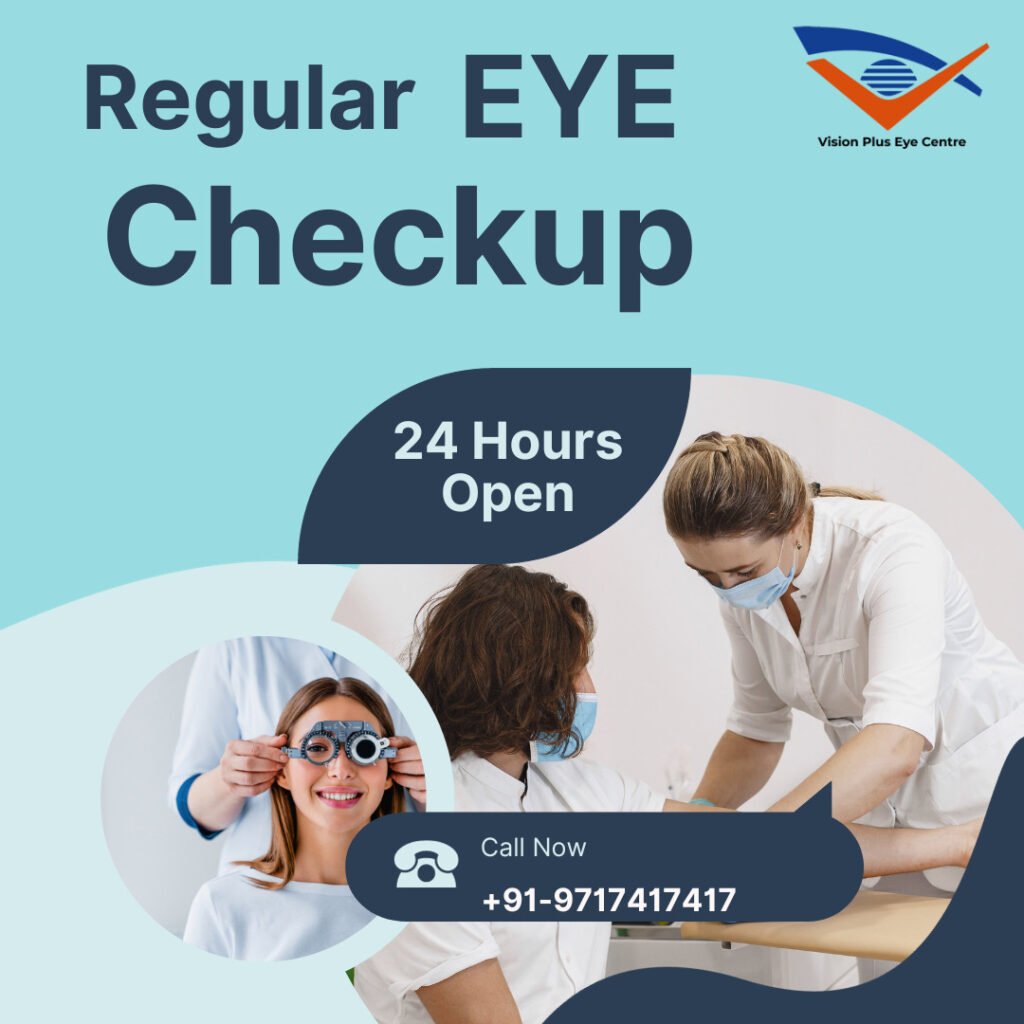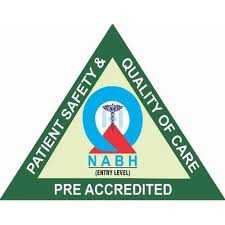
When it comes to healthcare, many people tend to prioritize visits to their primary care physician or dentist but often overlook the significance of regular eye checkups. However, eye checkups are a crucial aspect of maintaining overall health and well-being. In this comprehensive guide, we’ll explore why regular eye checkups are essential, what you can expect during an eye examination, and the many benefits of making eye care a routine part of your healthcare regimen.
Why Are Regular Eye Checkups Important?
- Early Detection of Eye Conditions: Regular eye checkups can detect eye conditions and diseases in their early stages when they are more manageable and treatable. Conditions like glaucoma, cataracts, and diabetic retinopathy can often progress silently without noticeable symptoms until they reach an advanced stage.
- Preserving Vision: Your eyesight is precious, and regular checkups can help preserve it. Timely intervention through prescription glasses, contact lenses, or medical treatment can prevent vision loss or impairment.
- Monitoring Overall Health: Eye exams can also provide insights into your overall health. Some systemic health conditions, such as diabetes, hypertension, and autoimmune diseases, can manifest in the eyes. Detecting these issues early can lead to better management of your health.
- Updating Corrective Lenses: If you wear glasses or contact lenses, regular checkups ensure that your prescription is up to date, ensuring optimal visual acuity.
- Preventing Eye Strain: For individuals who spend long hours on digital screens, regular eye checkups can help identify and address issues related to digital eye strain or computer vision syndrome.
What to Expect During an Eye Examination
A comprehensive eye examination involves several components, each serving a specific purpose in assessing your eye health. Here’s what you can expect during a typical eye checkup:
- Case History and Symptoms: Your eye care provider will start by asking about your medical history and any current symptoms or concerns you may have regarding your eyes or vision.
- Visual Acuity Test: This familiar test involves reading letters or symbols on an eye chart to determine how well you can see at various distances. It helps identify nearsightedness (myopia), farsightedness (hyperopia), and astigmatism.
- Refraction Test: This test helps determine the exact prescription for corrective lenses, such as glasses or contact lenses. You’ll be asked to compare lens options to identify the clearest vision.
- Eye Muscle Movement Test: This assesses how well your eye muscles are working together and whether there is any evidence of strabismus (eye misalignment).
- Slit Lamp Examination: A slit lamp is used to examine the front structures of your eyes, including the cornea, iris, lens, and anterior chamber. This helps detect conditions like cataracts, glaucoma, and corneal issues.
- Tonometry: Tonometry measures the pressure inside your eyes, known as intraocular pressure (IOP). Elevated IOP can be a sign of glaucoma, a serious eye condition that can lead to vision loss if left untreated.
- Dilation: During some eye exams, your eye care provider may administer eye drops to dilate (widen) your pupils. Dilated pupils allow for a more thorough examination of the retina and optic nerve at the back of the eye.
- Retinal Examination: Using a specialized instrument, your eye care provider will examine the retina and optic nerve for signs of diseases such as diabetic retinopathy, macular degeneration, and retinal detachment.
- Visual Field Test: This test measures your peripheral (side) vision. It is essential for detecting conditions like glaucoma, which can cause peripheral vision loss.
After the Eye Examination
Once the eye examination is complete, your eye care provider will discuss the findings with you and may provide recommendations based on the results. These recommendations could include:
- Prescription for corrective lenses (glasses or contact lenses)
- Treatment plan for eye conditions or diseases
- Advice on eye care practices and protecting your eyes
- Scheduling a follow-up appointment if necessary
The Frequency of Eye Checkups
The frequency of your eye checkups depends on your age, overall health, and any specific eye conditions you may have. Here are some general guidelines:
- Children: Children should have their first eye examination as early as 6 months of age, followed by routine checkups throughout childhood and adolescence.
- Adults: For adults with no vision problems, a comprehensive eye exam every two years is usually sufficient. However, individuals with vision issues, eye conditions, or certain medical conditions (such as diabetes) may require more frequent examinations. Consult your eye care provider for personalized recommendations.
- Seniors: As you age, the risk of eye diseases such as cataracts, glaucoma, and macular degeneration increases. Seniors should have yearly eye checkups to monitor and manage these conditions effectively.
The Benefits of Regular Eye Checkups
- Early Detection and Prevention: Regular eye exams can catch eye conditions in their early stages, often before you notice any symptoms. Early detection allows for prompt treatment and a better chance of preserving your vision.
- Prescription Updates: If you wear glasses or contact lenses, regular checkups ensure your prescription is accurate, preventing eye strain and discomfort.
- Maintaining Overall Health: Eye exams can provide insights into your overall health, helping detect systemic conditions like diabetes, high blood pressure, and autoimmune diseases.
- Clear and Comfortable Vision: An up-to-date prescription ensures you can see clearly and comfortably, whether for daily tasks, work, or recreational activities.
- Reducing Eye Strain: For those who spend extended periods on digital devices, regular checkups can identify and address issues related to digital eye strain, reducing discomfort and fatigue.
- Peace of Mind: Knowing that your eyes are healthy and well-cared for can provide peace of mind, allowing you to focus on other aspects of your life.
In conclusion, regular eye checkups are essential for maintaining eye health, preventing vision problems, and detecting potential health issues. By prioritizing your eye care and following the recommended schedule for eye examinations, you can enjoy clear vision and peace of mind about the health of your eyes for years to come. Don’t overlook the importance of your eye health—schedule your next eye checkup today.
Regular eye checkups at Vision Plus Eye Centre are essential for maintaining eye health. Our comprehensive examinations include vision tests, eye health assessments, and personalized care. Expect expert evaluations and guidance, ensuring your eyes stay in optimal condition. Prioritize your vision with VisionPlus Eye Centre.
Call Now at 0120-2481481, 2480480 +91 88003 13134 or email us at info@visionplus.net.in.
Book an Online Appointment: https://visionplus.net.in/contact/

